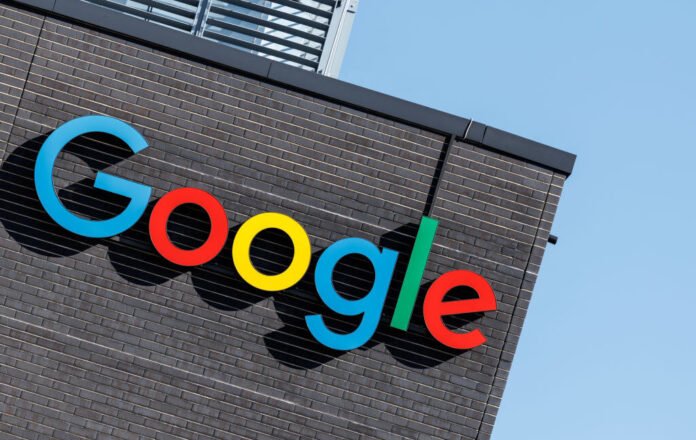After years of legal resistance, Google is now facing its toughest antitrust battle yet. The tech giant is embroiled in two major lawsuits brought by the U.S. Department of Justice (DOJ) that could radically reshape the company’s future. Last year, a federal judge ruled that Google was unlawfully monopolizing the online search market. Just last week, a separate ruling determined that Google also holds an illegal monopoly in digital advertising.
Starting Monday, Google will head to court in Washington, D.C., for a three-week trial focused on determining how to restore competition in online search. The DOJ is pushing for aggressive remedies, including forcing Google to sell its Chrome browser, share search data with rivals, notify the government about future AI investments, and dismantle its exclusive contracts with device makers.
Although Google plans to appeal the rulings, it must first go through the remedies phase of both trials. The DOJ will argue that these sweeping changes are necessary to prevent Google from regaining its monopolistic hold on the market. Meanwhile, Google will try to convince the court that such penalties are excessive and could harm users.
A Modern-Day Microsoft Moment?
This is the most significant antitrust challenge faced by a U.S. tech company since the DOJ took on Microsoft 25 years ago. That case, while ultimately not leading to a breakup, did open the door for a wave of innovation including the rise of companies like Google itself. If the DOJ is successful, Google could lose its strategic partnership with Apple, and rivals like Microsoft might gain access to its valuable search data.
Search Trial Focuses on Market Power and AI
The DOJ argues that Google’s search monopoly is deeply rooted in exclusionary deals — especially with Apple that shut out competitors. Google’s ownership of Chrome further strengthens its grip, giving it control over a major access point for online searches. The DOJ is also seeking future-proof remedies by addressing the company’s AI ambitions, demanding transparency over new AI investments, particularly in light of AI’s potential role in redefining search.
Executives from Google, as well as from competitors like DuckDuckGo, Bing, and Yahoo, and AI leaders from companies developing advanced AI models, will testify during the trial. The goal is to show how Google’s dominance has hurt innovation and limited consumer choice.
Ad Tech Case Could Lead to Structural Changes
In a separate case concerning digital advertising, a judge ruled that Google used its dominance in ad tools to suppress competition. The DOJ could now demand that Google spin off key services such as its publisher ad server or ad exchange. While this might seem less dramatic than splitting Chrome, it could still have wide-reaching effects on the online economy, where publishers depend heavily on advertising revenue outside social platforms.
What Comes Next
A ruling on the search remedies may be issued by the end of the summer. In the ad-tech case, a trial date is expected soon. However, Google has made it clear that it will appeal a process that could drag on for years and possibly reach the Supreme Court. It’s also possible the DOJ could opt to settle, though state attorneys general involved in the cases may push forward regardless.
Despite the uncertainty, this moment marks a historic reckoning for one of the world’s most powerful companies. Just as Microsoft’s legal troubles once paved the way for new tech giants, these trials could dramatically reshape the digital landscape and create room for the next wave of challengers.
For more tech updates, visit DC Brief


